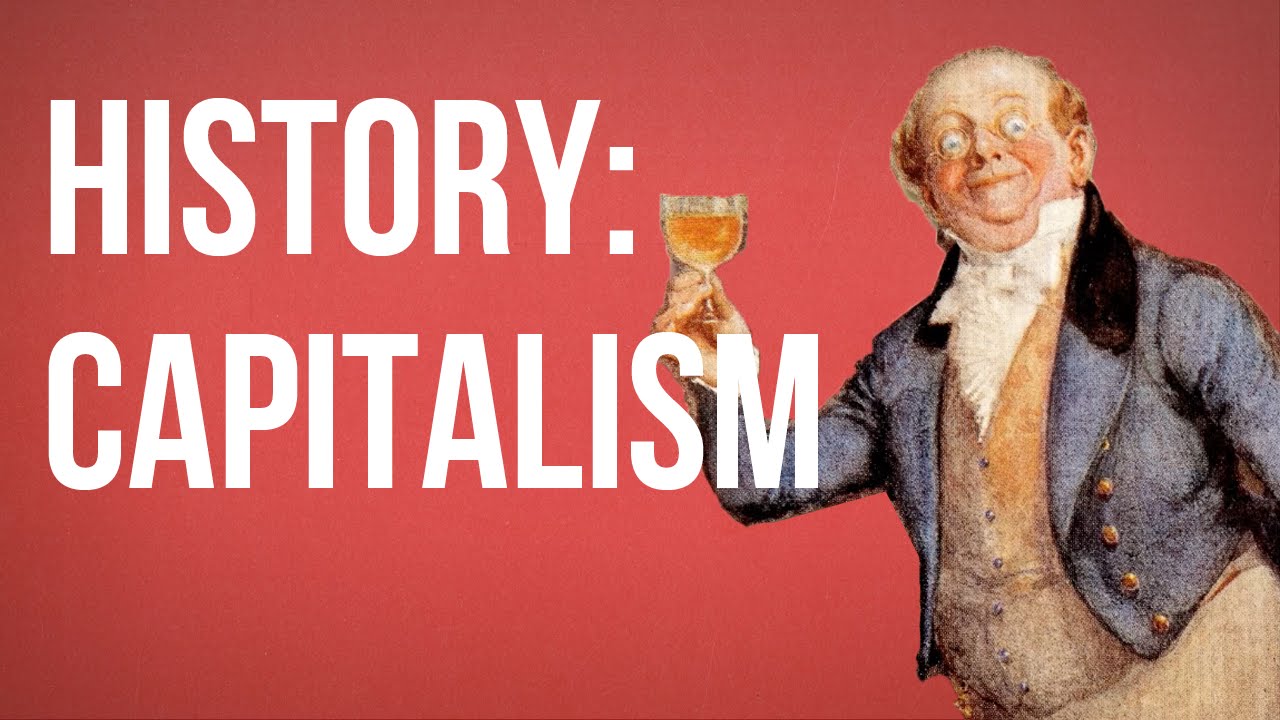
Today, no major investment decision — in either the private or public sector — is made without a spreadsheet to back it up. That fact should trouble us more than it does. Indeed, it may be one of the biggest reasons why capitalism is in crisis.
As Alex Edmans points out in Grow the Pie, ‘most important outcomes can’t be quantified.’ For example, ‘you might know that an enterprise has an engaged workforce, but not how this information should change cell C23 in your valuation spreadsheet.’ The result, Edmans argues, is that businesses forgo many profitable investments simply because the profitability of the investment is incalculable in advance.
Mission and purpose aren’t exactly new ideas, so the key is understanding how to operationalise them. Today, mission and purpose statements are often just window dressing. The tell-tale sign is when a supposedly “purpose-driven” organisation still relies on a spreadsheet to justify every major decision. Neither purpose nor social value can be boiled down entirely to numbers, so a spreadsheet is simply the wrong piece of software for the task. Decision-making in a genuinely purpose-driven organisation is about judgement not calculation.
But how to ensure leaders exercise good judgement in the absence of the rigour brought by spreadsheets? Edmans suggests three principles to guide corporate decision making:
- Multiplication: does the social benefit of an activity outweigh the private cost?
- Comparative advantage: does my enterprise deliver more value through this activity than another enterprise targeting the same societal outcome could?
- Materiality: does the activity benefit stakeholders who are material to the enterprise either for business or intrinsic reasons?
That penultimate word — intrinsic — is an important one. Probably the most radical part of Edmans’ framework is the idea that businesses can and should be motivated to care about particular stakeholders for intrinsic, as opposed to purely instrumental, reasons. This is what distinguishes the approach to business he is advocating from previous frameworks such as “Shared Value” or “Enlightened Shareholder Value”, both of which view creating value for stakeholders as a means to an end, rather than an intrinsically worthwhile activity.

